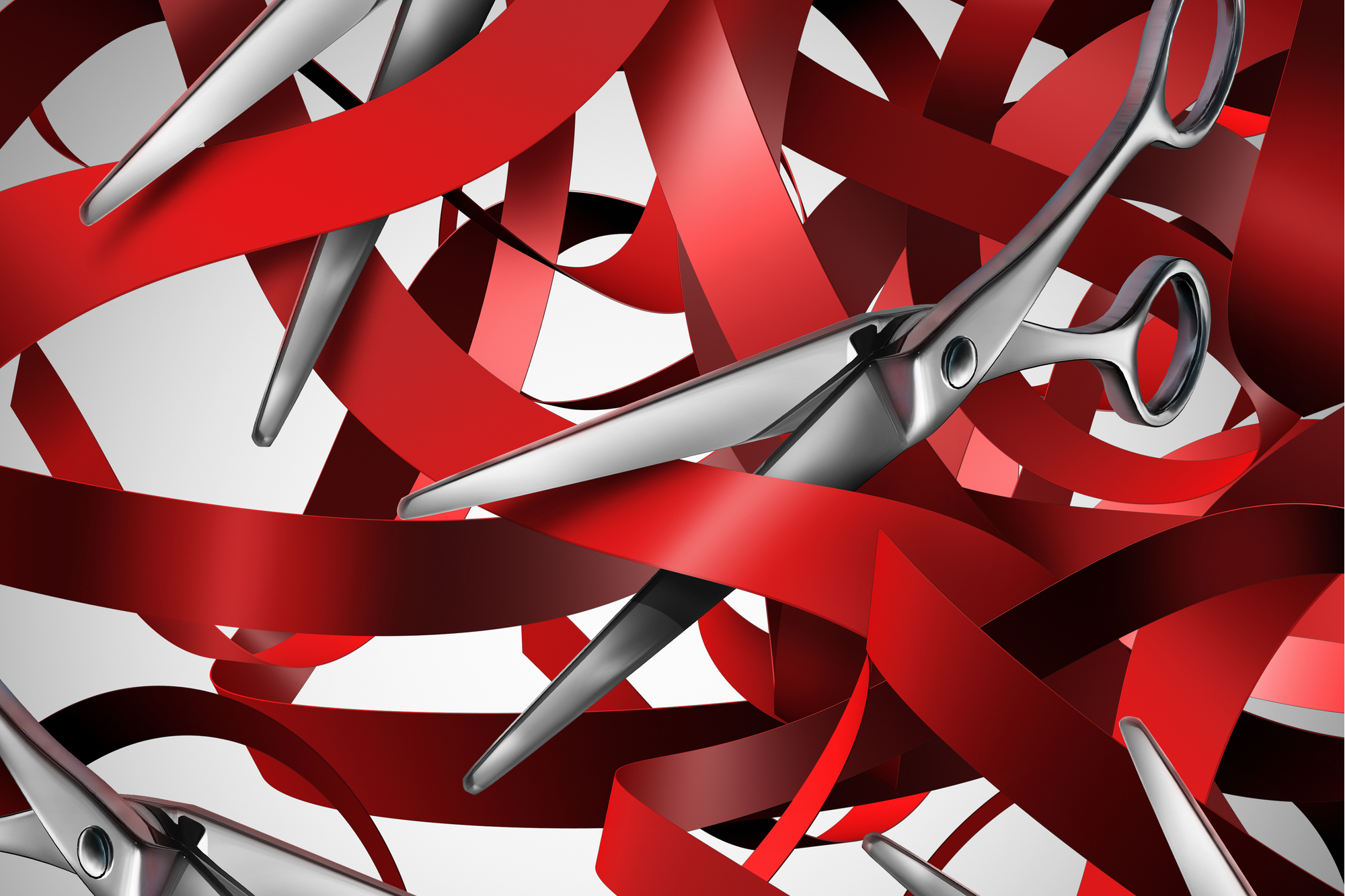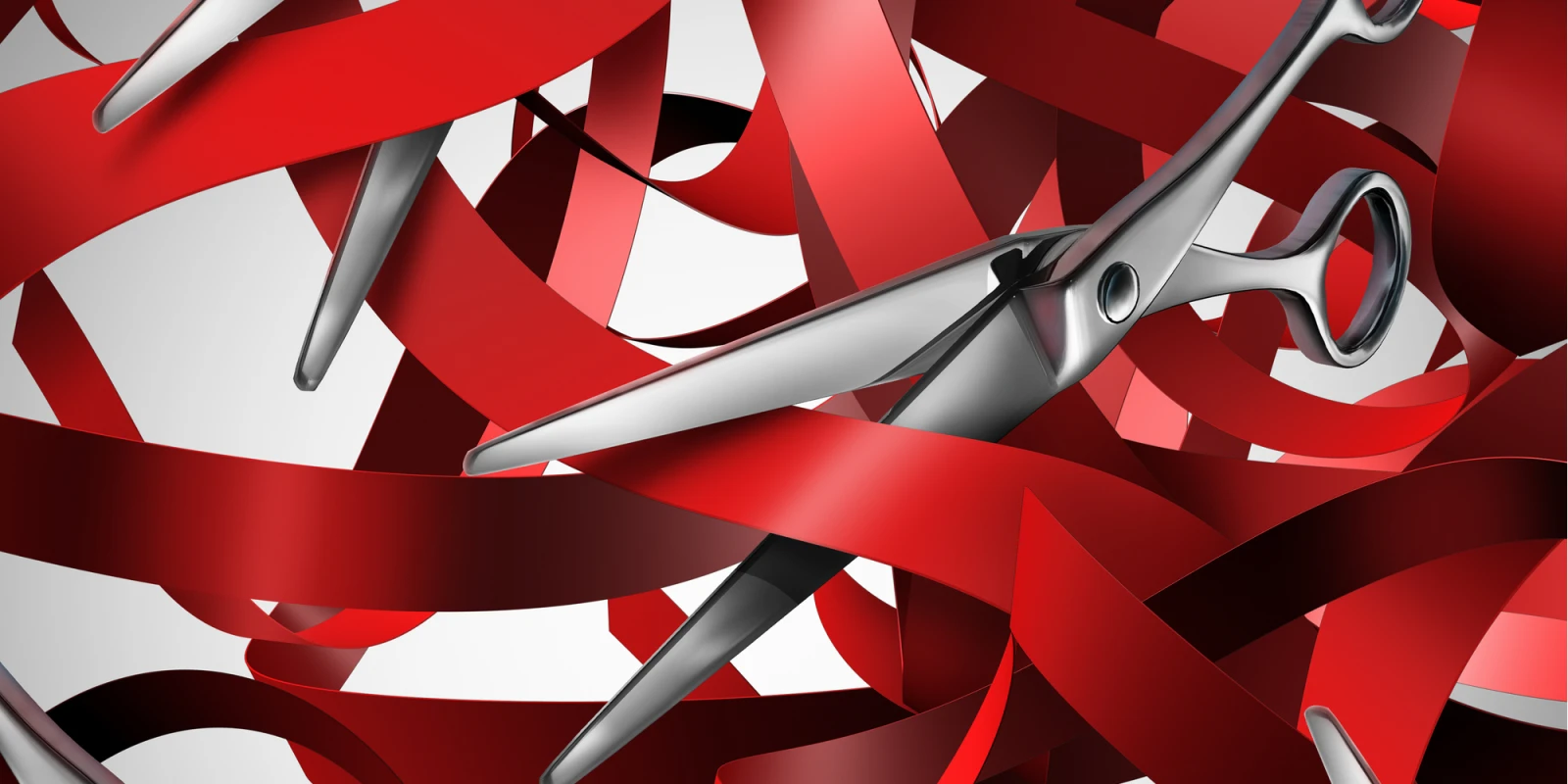 My patient does not look like she has stage IV cancer. The outside observer cannot see the metastases riddling her body. If you passed her on the street, you would not guess from her thick hair that she is on chemotherapy — every two weeks hooked to a pump.
My patient does not look like she has stage IV cancer. The outside observer cannot see the metastases riddling her body. If you passed her on the street, you would not guess from her thick hair that she is on chemotherapy — every two weeks hooked to a pump.
Her type of cancer is rare and associated with a dismal prognosis, so on the day I met her in consult, I ordered tumor genomic testing, in hope of finding the needle in the haystack. But knowing it would be three to four weeks until I had any results, I advised she start on standard chemotherapy and not delay. She consented to this.
Days From Initial Consult: 24
I received the genomic testing results — negative for any mutations associated with established targeted therapies, and negative for markers that would indicate a role for immunotherapy (PDL1, microsatellite instability, and tumor mutational burden).
But there were several mutations in the "other" category. None of them were associated with standard therapies for this cancer type, but I thought one or two of them might avail themselves to an off-label therapy. I consulted with an academic colleague. He agreed, and recommended an oral targeted therapy.
At the next visit, I sat down with my patient and did my best in the available visit time to explain the process for obtaining “off-label” therapy. I warned her it would be time-consuming, and there would be no guarantees, and if we had an answer within a month, we would be lucky.
The first step to try to obtain the off-label targeted therapy was to send a prescription to the insurance-designated specialty pharmacy.
Days From Initial Consult: 38
We received a denial by fax. The reason: my patient did not have one of the cancer types that was FDA-approved for this particular targeted therapy. Yes, we knew that. Thanks, insurance people. Did you read my letter and attached chart notes?
Not to worry, I told my patient. The first step in obtaining a cancer medication off-label is that we expect the denial, and then we can appeal.
We next applied directly to the pharmaceutical company for their assistance program.
Meanwhile, the cancer decided to progress through standard first-line chemotherapy. I started my patient on a salvage second-line chemotherapy.
Days From Initial Consult: 66
We received a confusing denial from the pharmaceutical company. It turned out they were missing one piece of paperwork from the patient, but instead of asking for the missing data, they issued a flat denial. My clinic pharmacist called the company and helped the patient to complete and send the necessary paperwork, and got her case re-opened.
Days From Initial Consult: 91
We continued back and forth with the pharmaceutical company over the paperwork. My patient continued on second-line chemotherapy.
We received another denial from the pharmaceutical company. Reasons for denial:
1. "Patient’s income exceeds the eligibility guidelines." (But the out-of-pocket cost for the drug would be over $10,000 per month…)
2. "Patient has private prescription coverage." (Oh yeah, the private prescription coverage that denied the drug in the first place, over two months ago).
I drafted another letter of appeal. In this I had to include:
- The medical necessity (that my patient was dying of cancer)
- The scientific rationale (in case I was requesting it on a whim)
- Who I’d consulted with, i.e. name-dropping my academic colleague (because I am only the patient’s menial community oncologist)
- The molecular profiling of the tumor (in case they didn’t take the time to look at the report)
- References from the scientific literature (because I have lots of spare time to do this)
- "Justification of request" (It will, or is reasonably expected to, prevent the onset of an illness, condition, or disability. It will, or is reasonably expected to, reduce or ameliorate the physical, mental, or developmental effects of an illness, injury, or disability. It will assist the individual to achieve or maintain maximum functional capacity in performing daily activities, taking into account both the functional capacity of the individual and those functional capacities that are appropriate for individuals of the same age.)
Days From Initial Consult: 105
We finally received the approval from the pharmaceutical company’s expanded access program.
There’s got to be a better process for Expanded Access.
Our patients do not have a hundred days to wait.
On June 3, 2019, at the ASCO 2019 Annual Meeting, the FDA announced Project Facilitate. In this new pilot “concierge service,” the FDA will offer a “one-stop shop” for physicians to assist their patients in obtaining expanded access medications.
Dr. Richard Pazdur, Director of the U.S. Food and Drug Administration (FDA) Oncology Center of Excellence and Acting Director of the Office of Hematology and Oncology Products in the FDA’s Center for Drug Evaluation and Research, stated that Project Facilitate will allow the physician to call a single number. Then a representative from the FDA will “facilitate the process” – from initiation of request until time patient gets the drug — and then follow-up by phone call to see how the patient did.
I am one community oncologist that will welcome the FDA program with open arms. But I hope the FDA will have better success with the timeline of navigating these Expanded Access programs, than we as community oncologists have had.
Because for our patients, it’s about time.
The Project Facilitate phone number is 240-402-0004 and the email address is OncProjectFacilitate@fda.hhs.gov. Health care professionals may call during regular business hours, Eastern Daylight Time, Monday through Friday. Patients and families with questions can call 301-796-3400 or email druginfo@fda.hhs.gov.
Image by Lightspring / Shutterstock







